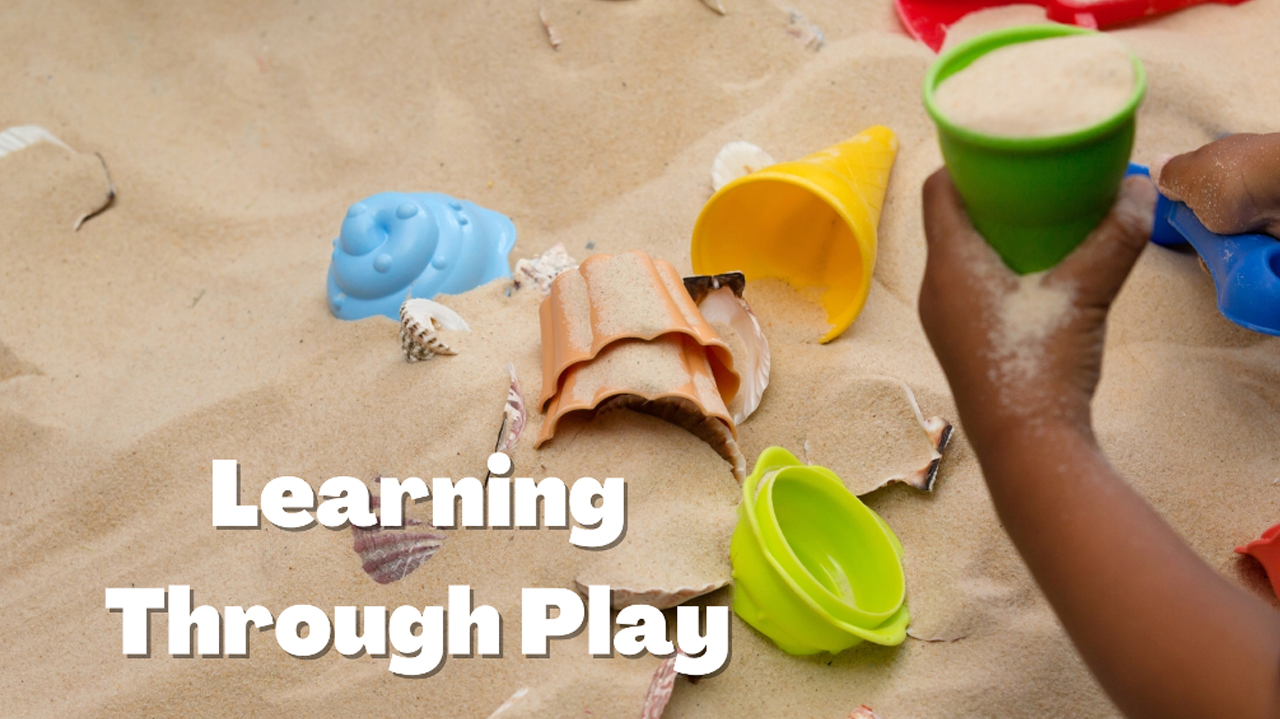
As a parent, I love to see children play. The incredible ideas they have and the worlds they create while playing are so innovative and fascinating. Children build castles and forts using any and every possible object: cushions, pillows, and sheets. Play is one of the most important things children can do.
Allowing children to play helps expand their imagination, develop their creativity, enhance their literacy, and improve their numeracy skills.
Children learn about the world around them through play.
When children engage in climbing trees, running, and jumping through hoops, they learn to abide by the rules that govern the terms of play, and consequently begin to understand cause and effect. These rules may be explicitly stated, or it may be inherently understood by all participants.
They also learn about their bodies as they move through the various activities. Muscle and physical development are also improved during play.
And while playing, children are active participants as opposed to passive learners who simply follow a script. They can choose what they want to do based on what they enjoy, and the environment becomes risk free, allowing them to experiment and try new ideas without the fear of making mistakes. Humans are social beings and through play children build social skills that are necessary when building relationships among their peers and later as adults in their professional lives. Play allows children to work collaboratively with others, and introduces them to social rules. For example, games assist with learning about taking turns, being respectful to others, listening to others, and many other important social skills.

Play also allows children to view learning differently. Learning is not just a formal activity but can be fun and engaging. During play, children can question, work as a team, experiment, explore different perspectives and discover possibilities. Children’s natural curiosity is also maintained and supported through play, and this is an important strategy for ensuring that their love and excitement for learning is not lost. Children who are allowed to play and have their play supported by the adults through questions such as “Why did you make that?”, “What is it made of?”, and “What is the purpose of the object?” are more likely to be critical thinkers, placing critical thinking and reasoning skills as integral parts of the experiences while building their confidence.
Parents and teachers should not view play as an intrusion into a child’s life or something that wastes time.
Play is an integral part of learning and should be encouraged. Play gives a child an improved sense of their abilities, and helps them to feel good about themselves as they learn and develop. It improves their sense of self-worth.
